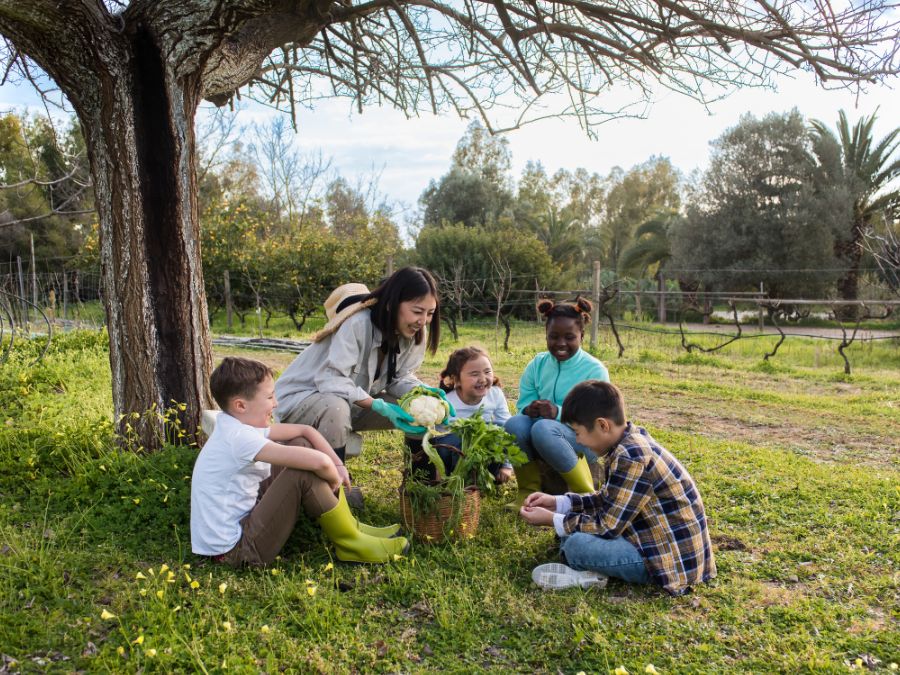
Building trust between organizations, families, and communities
As we work to implement positive childhood experiences (PCEs) and the HOPE framework in organizations, we encourage them to look at existing policies and practices that can create barriers. These barriers can lead to organizations not having spaces for meaningful family engagement or time or resources to build a relationship with the community we serve.
Relationships built around trust are a key part of serving children and families. Without strong relationships established, they may leave feeling unwelcomed or that their needs were not met, and they may not return for another visit. Organizations can build trust with families and communities by creating spaces for feedback as we work to update or create new policies and practices that directly affect them. This collaboration between organizations and family and community members is one of the ways the HOPE framework works to open access to PCEs.
How HOPE-Informed organizations can create meaningful change
Organizations participating in the HOPE-Informed Organization Certification program work with a HOPE Champion(s) and the HOPE National Resource Center team to dive deep into their current organizational design. The program guides organizations through the HOPE implementation process beginning with a self-assessment of their current policies and practices. To create impactful change, organizations need to examine their existing practices to understand what is going well and what needs to be improved. We have seen organizations learn new insights from their self-assessment and prioritize their changes differently than they had initially planned.
By becoming certified, HOPE-Informed organizations work with the HOPE team to lift their existing barriers to positive childhood experiences and create impactful changes for families, communities, and staff. Becoming a HOPE-Informed Organization help increase staff retention and job satisfaction by shifting the focus from a negative one to a positive one, which in turn builds closer relationships with those you serve and creates a more positive work environment. Through these changes, organizations can increase access to each of the Four Building Blocks of HOPE.
Creating impact using the Four Building Blocks of HOPE

Relationship
Interactions between your organization and the community you serve matter. When your providers or staff members spend more time interacting with children, youth, and families, your organization creates space where meaningful questions can be asked and the families’ needs are heard. Trust is created through positive relationship building. Children and families can feel like your organization cares about their needs and health.
Environment
When your organization prioritizes making its physical space intentional and representative of the community, children and families can feel welcomed and safe. The physical space is often the first impression a child and family will have on your organization.
Engagement
Community feedback is a crucial step in the decision-making process for any children- and family-serving organization. Intentional times and spaces for family and community members to give their input allow them to feel valued and heard. Together, both your organization and community members can update or introduce new practices that not only serve your own goals but also the community’s interests and needs.
Emotional Growth
Children feel important and develop a sense of mattering when a staff member or provider shows that they are trying to get to know them and hear what they are sharing. This includes conversations addressing the child and family’s concerns or needs as well as celebrating their inner strengths. This leads to a more holistic understanding of each other.


